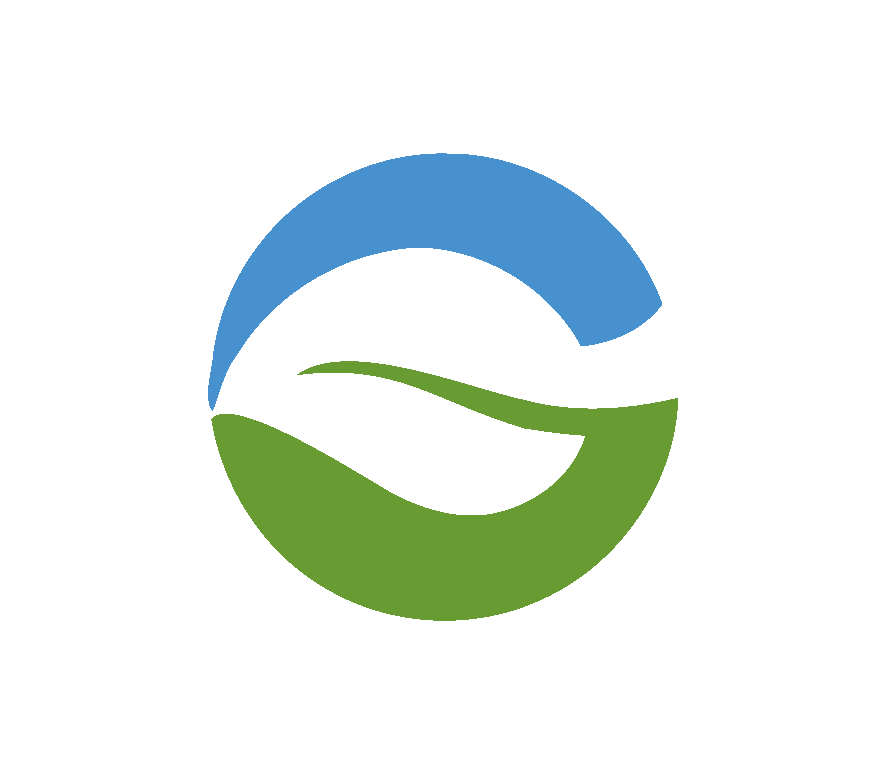The conversion of hard water to soft water involves removing or neutralizing the hardness-causing minerals, primarily calcium (Ca²⁺) and magnesium (Mg²⁺) ions. This process can be achieved through several methods, each with its mechanisms and applications.
Common Methods of Hard Water to Soft Water Conversion:
1. Ion-Exchange Method (Water Softeners)
- Process: The most common way to soften hard water is through an ion-exchange process, where sodium (Na⁺) or potassium (K⁺) ions replace the calcium and magnesium ions in the water.
- How it Works:
- Water passes through a tank filled with resin beads coated with sodium or potassium ions.
- The calcium and magnesium ions bind to the resin, and in exchange, sodium or potassium ions are released into the water.
- This results in soft water exiting the system, free from hardness minerals.
- The resin eventually becomes saturated with calcium and magnesium and needs regeneration using a brine solution (salt water) to flush out the accumulated minerals.
2. Reverse Osmosis (RO)
- Process: Reverse Osmosis uses a semi-permeable membrane to filter out not only calcium and magnesium but also other dissolved solids and contaminants.
- How it Works:
- Hard water is forced through the RO membrane at high pressure.
- The membrane blocks calcium, magnesium, and other ions, allowing only pure water molecules to pass through.
- The remaining minerals and impurities are flushed out as wastewater.
- Best for: Applications requiring purified water, such as laboratories, electronics manufacturing, and high-purity industrial processes.
3. Chelation
- Process: This method uses chelating agents that bind to hardness ions and prevent them from depositing on surfaces, making the water behave as if it is soft.
- How it Works:
- Water conditioners or softening chemicals, often used in industrial and commercial settings, add chelating agents (like polyphosphates) to the water.
- These agents keep calcium and magnesium dissolved in the water, preventing scaling on pipes, appliances, or equipment.
- Advantages: It’s a non-chemical treatment option and doesn’t increase sodium levels in water.
4. Template-Assisted Crystallization (TAC)
- Process: Involves converting calcium and magnesium ions into harmless micro-crystals, which flow through the system without forming scale.
- How it Works:
- Water passes through a catalytic media, which induces the formation of tiny crystal structures from hardness minerals.
- These micro-crystals remain suspended in water without attaching to pipes or surfaces.
- Advantages: A salt-free option that reduces scaling without removing minerals from the water.
Advantages of Converting Hard Water to Soft Water:
1. Prevents Scale Buildup
- Hard water causes scale deposits inside pipes, water heaters, and appliances, reducing their efficiency and lifespan. Soft water prevents scale, ensuring smooth operation and reducing maintenance costs.
2. Prolongs Appliance Lifespan
- Appliances like dishwashers, washing machines, and water heaters last longer when they operate with soft water, as there is no mineral buildup affecting heating elements or performance.
3. Improves Soap and Detergent Efficiency
- Hard water reduces the effectiveness of soap and detergents, leading to soap scum formation and higher detergent usage. Soft water forms more lather, allowing for better cleaning with less soap.
4. Enhances Skin and Hair Care
- Soft water is gentle on skin and hair, as it doesn’t leave behind a residue that can make skin dry or hair dull and brittle. This results in softer skin and smoother hair.
5. Improves Water Flow and Pressure
- By preventing scale buildup in pipes, soft water ensures better water flow and pressure in plumbing systems, which can be compromised by mineral blockages in hard water systems.
6. Saves Energy
- Soft water improves the efficiency of water heaters by preventing scale accumulation on heating elements. With no scale to act as an insulator, water heaters require less energy to heat water.
7. Reduces Laundry and Cleaning Time
- Clothes washed in soft water tend to be softer and brighter. Dishes and glassware come out cleaner without mineral spots. This reduces the time and effort needed for cleaning.
8. Prevents Damage to Fabrics
- Hard water minerals can leave deposits on clothes, making them feel stiff and causing wear over time. Soft water prevents this, prolonging the life of fabrics and keeping them softer.
9. Low Maintenance Costs
- By reducing scale buildup in industrial systems and home appliances, soft water lowers the frequency of repairs and maintenance, contributing to long-term cost savings.
In summary, converting hard water to soft water improves water quality, extends the life of equipment, and results in various household and industrial benefits like better cleaning, energy savings, and reduced maintenance.



Recent Comments